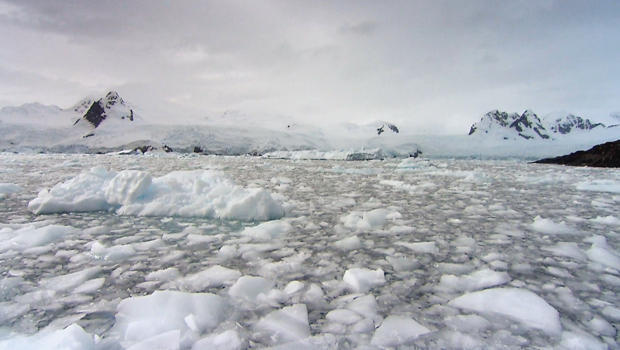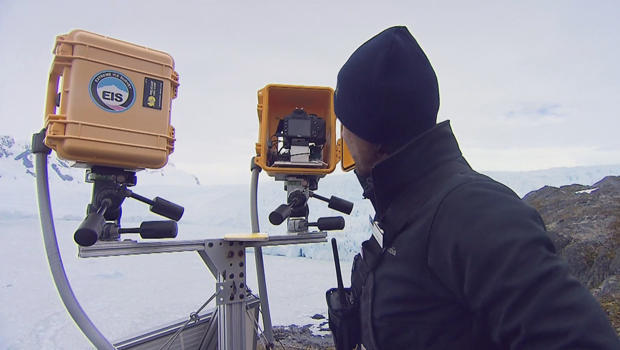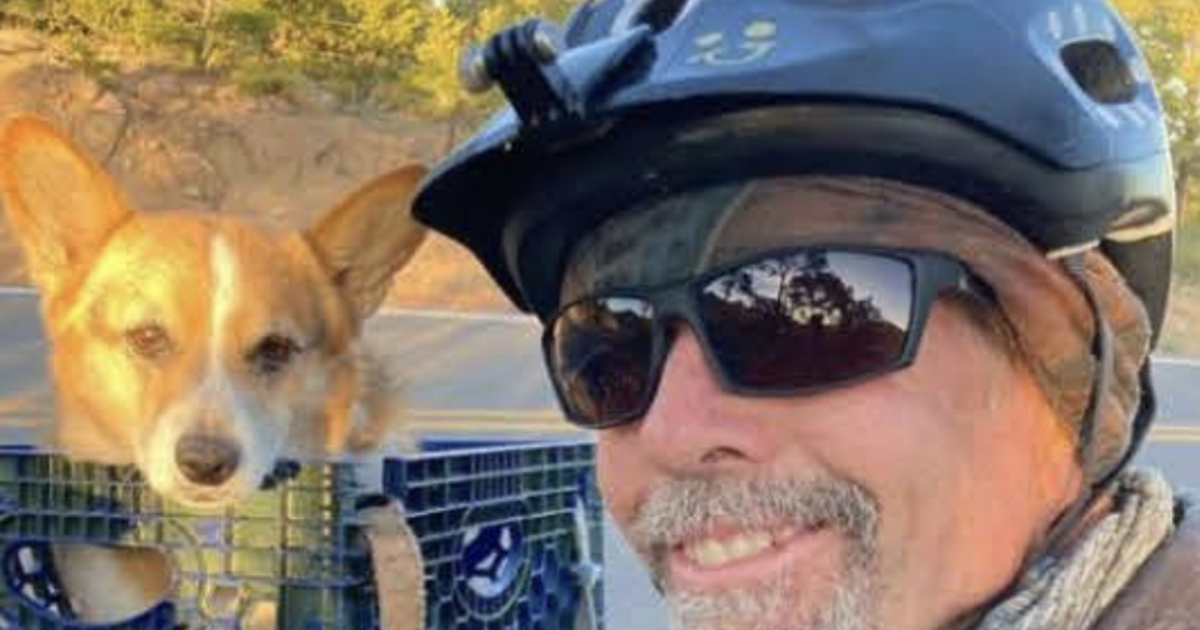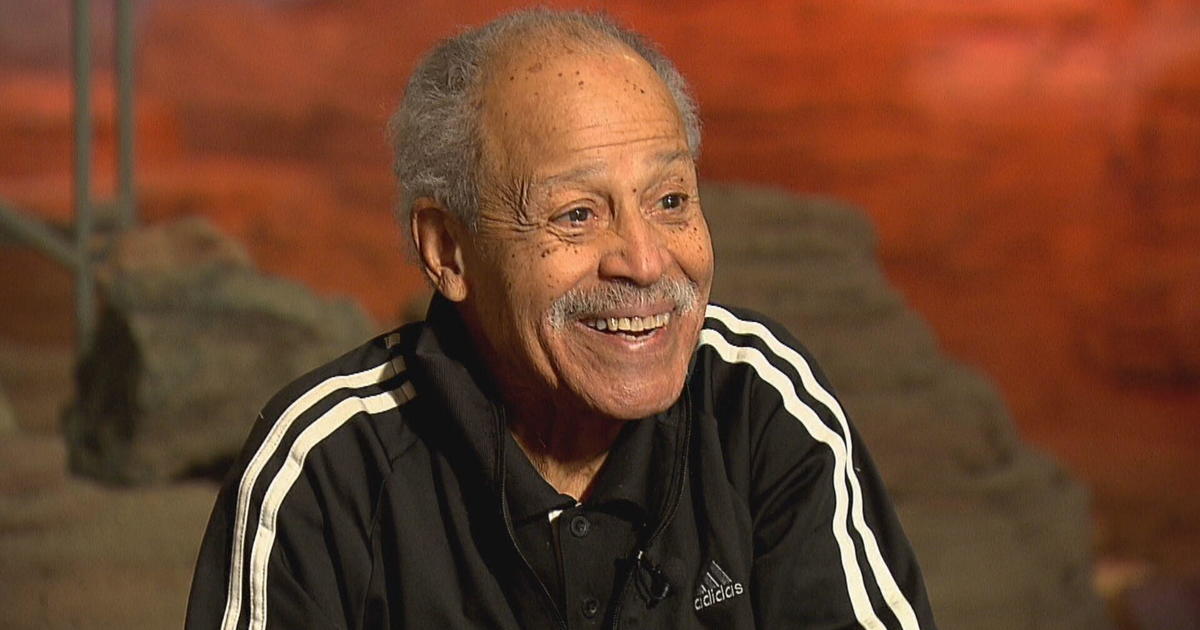Climate Diaries: Scientists on the front lines in Antarctica
Correspondent Mark Phillips has traveled through Europe and Africa to document how climate change is impacting our world for his “Climate Diaries” series. This morning, traveling aboard the Lindblad Expeditions National Geographic Explorer, he reports from the far-less-traveled continent of Antarctica, where a massive iceberg is poised to break away, at a time of uncertainty over the U.S. government’s policy toward climate change:
It’s high summer down in Cierva Cove, Antarctica, and the temperature has been soaring all the way up to the freezing point. But when it comes to doing climate research, this is one of the hottest places on the planet.
Summer in Antarctica is an explosion of life in a place often thought of as a bleak, frozen wasteland.
And it’s an explosion of scientific research, because this is the time of year when Antarctica is accessible and can be studied. This is when it reveals the secrets that have been locked into its ice.
Ken Taylor, one of America’s foremost ice scientists, has been studying the huge crack that’s opened up in one of the floating ice shelves that cling to the coast of Antarctica. “There’s a large berg about to break off of the Larsen ice shelf,” he said.
A berg the size of Delaware.
“Yes, it’s very large, and the fracture that is breaking off is expanding quite a bit lately, it jumps about a mile every week or so.”
It’s not so much the floating sea ice from the shelf that is worrying; it’s that without the ice shelf to hold it back, the glacial ice on land will flow into the ocean more quickly and drive sea levels up even more than the three feet that is already predicted for this century.
“There are several spots around here, around Antarctica, that are believed to be in this irreversible situation, where the ice on the ground is going to flow into the sea, and there’s nothing we can do to stop it at this point,” Taylor said.
Eric Guth is trying to get at science in another way. Because there are concerns about ice shelf stability, there are concerns about warming sea temperatures around the Antarctic peninsula.
What Guth is producing is an overview … literally. He is part of the Extreme Ice Survey that is documenting the changes that are happening, in pictures. Cameras placed at strategic locations snap one shot an hour, year-round.
And they produce time-lapse images showing how the glaciers are moving, looking to see if they’re speeding up or getting thinner.
“This type of visual evidence, I think, is what people need,” Guth said. “Much of the general public are visual learners, as am I, and I think being able to see that with your own eyes is a very compelling way of communicating information.”
Why is all this happening? Again, the ice tells the story, and it is not in denial.
Ken Taylor normally drills miles deep into the Antarctic icecap to find the answers. Sometimes, though, you can find them floating all around you.
Trapped in the ice are bubbles of the air that was around tens of thousands of years ago when it was frozen -- air that had a fraction of the amount of the greenhouse gases in it compared to what the human race is pumping into the atmosphere now.
“It’s trapped in the ice, and if you release it, you can tell what the atmosphere was like 20-, 50-, 100,000 ago?” Phillips asked.
“If you break this open and smell that air, you’re smelling ancient air. It’s really good air! It’s like air before humans messed up the atmosphere, yeah,” Taylor replied.
There’s another kind of chill down here as well -- a chill in the scientific community who’s working here. A fear the research money they need for their work will be less forthcoming in the future, and a less sympathetic ear in government for the kind of science they do.





